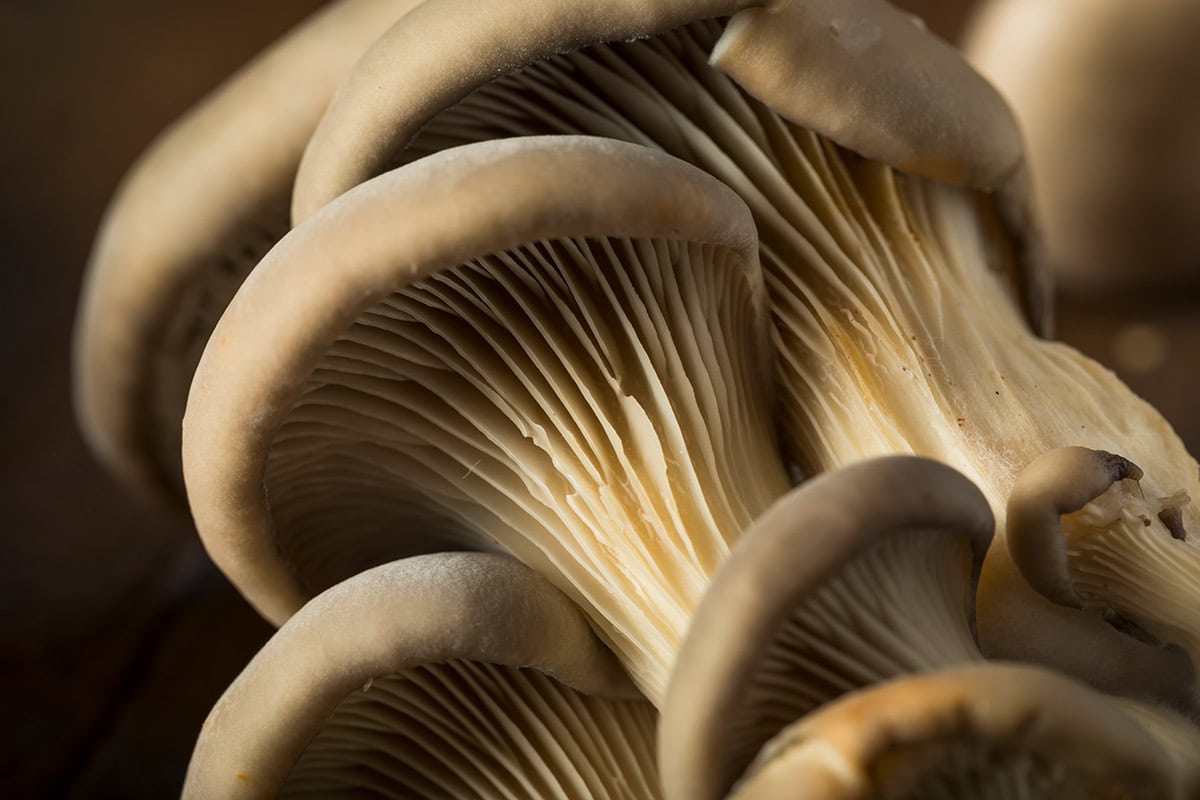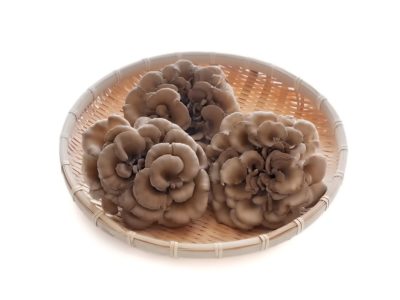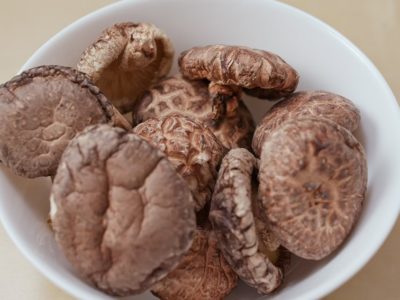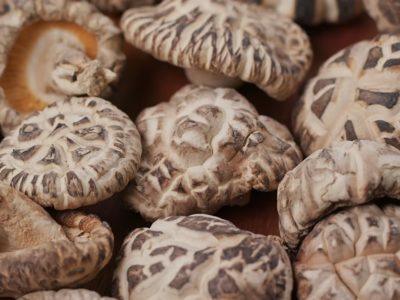In this study, researchers examined the antimicrobial properties of four different oyster mushroom species: Pleurotus ostreatus (grey and white strains), Pleurotus cornucopiae (bright yellow strain), and Pleurotus salmoneostramineus (pink strain). They tested the effectiveness of mushroom filtrates and mycelia against five standard strains of pathogenic bacteria and yeast. Among the filtrates, the one from Pleurotus salmoneostramineus showed the strongest activity, particularly against the bacteria Pseudomonas aeruginosa ATCC 27853 and the yeast Candida parapsilosis ATCC 22019. However, the bacteria Escherichia coli ATCC 25922, Enterococcus faecalis ATCC 29212, and Staphylococcus aureus HIP10267 were less sensitive to the filtrates.
The study also revealed that the mycelium of Pleurotus cornucopiae was able to inhibit the growth of Enterococcus faecalis ATCC 29212 by 5.21% and Candida parapsilosis ATCC 22019 by 29.19%. Additionally, the mycelium of Pleurotus salmoneostramineus was found to be effective against Escherichia coli ATCC 25922, with a significant inhibition rate of 6.67% (P< 0.05).
In summary, the results indicate that different strains of oyster mushrooms exhibit varying degrees of antimicrobial activity, with Pleurotus salmoneostramineus showing the most promise, particularly against Pseudomonas aeruginosa and Candida parapsilosis.
Owaid, M. N., Al-Saeedi, S. S. S., & Al-Assaffii, I. A. A. (2015). Antimicrobial activity of mycelia of oyster mushroom species (Pleurotus spp.) and their liquid filtrates (in vitro). Journal of Medical and Bioengineering Vol, 4(5).



